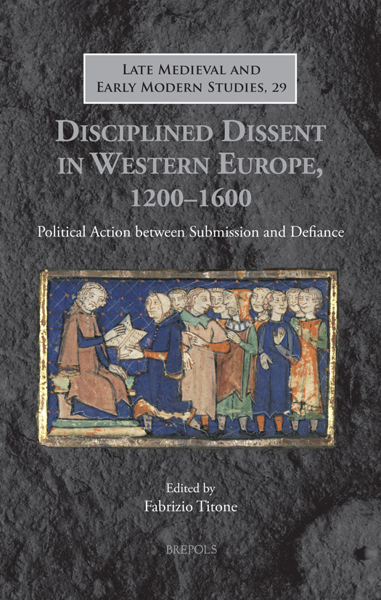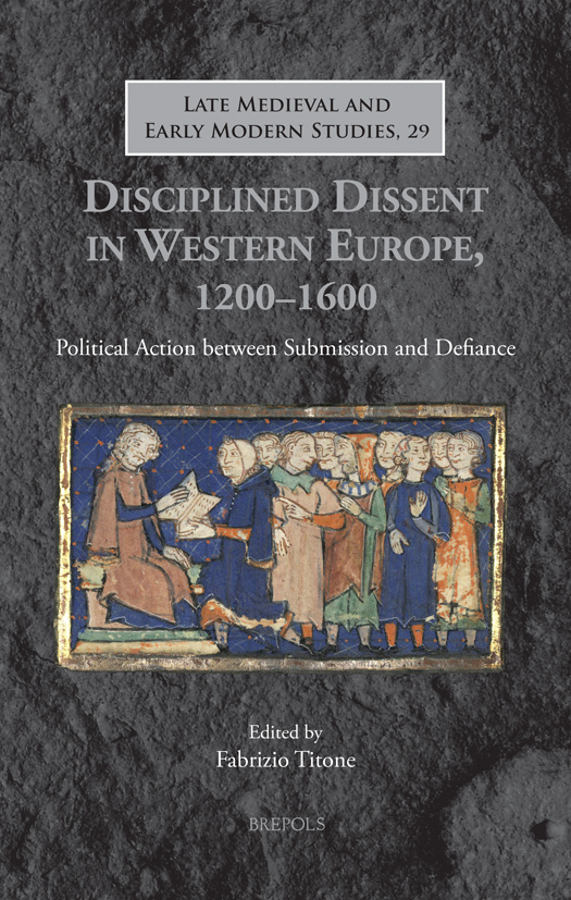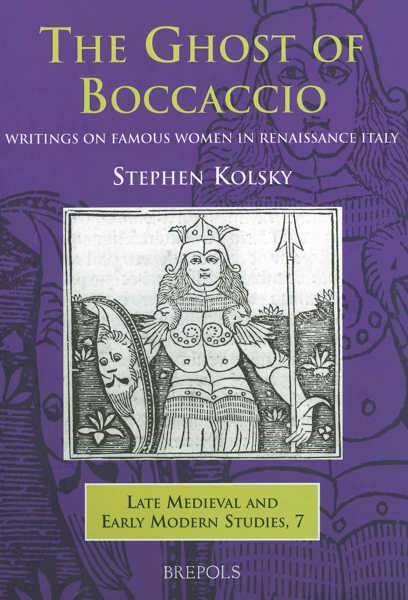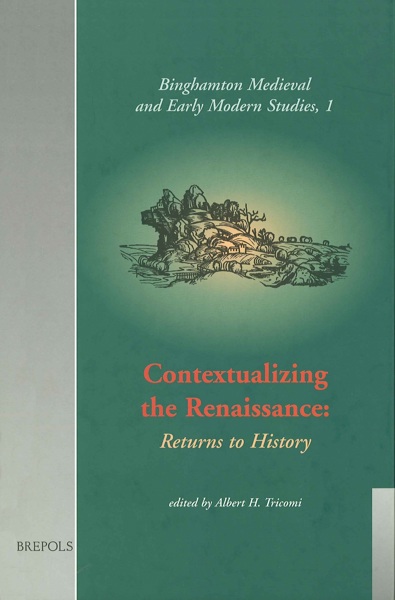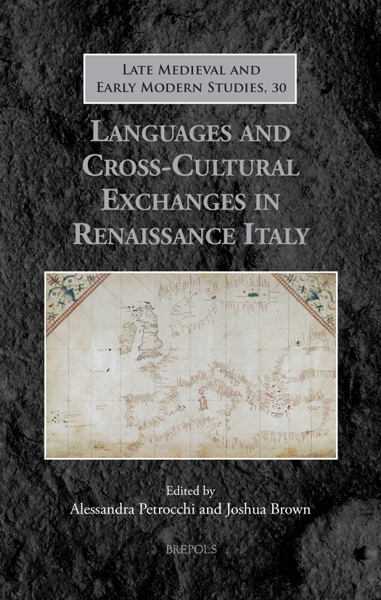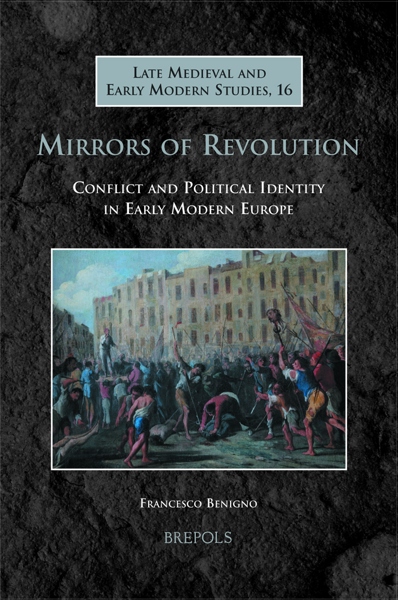
Disciplined Dissent in Western Europe, 1200–1600
Political Action between Submission and Defiance
Fabrizio Titone (ed)
- Pages: 356 p.
- Size:156 x 234 mm
- Illustrations:1 maps b/w
- Language(s):English
- Publication Year:2022
- € 95,00 EXCL. VAT RETAIL PRICE
- ISBN: 978-2-503-59828-4
- Hardback
- Available
- € 95,00 EXCL. VAT RETAIL PRICE
- ISBN: 978-2-503-59829-1
- E-book
- Available
This volume offers new insights on forms of protest or political action in western medieval Europe, focusing on non-confrontational policies.
- Political & institutional history (c. 500-1500)
- Communities, social groups and social relations
- Social history (c. 500-1500)
- Medieval European history (c. 500-1500): local & regional history
- Political & institutional history (c. 1501-1800)
- Social history (c. 1501-1800)
- Early modern European history (1501-1800) : local & regional European history
“"Die Beiträge des Sammelbandes bewegen sich durchweg auf hohem Niveau und arbeiten erkennbar mit dem titelgebenden Konzept des 'disziplinierten Dissens' - es ergibt sich also das erfreuliche Bild eines sehr kohärenten Bandes.". (Christoph Mauntel, in Sehepunkte, 23/3/2023)
"(...) The collected essays and Titone’s introduction provide rich insights and intriguing analyses of the relationship between the (more or less) marginalized and those in power, highlighting the complex, often nonviolent strategies the former used to voice their dissent. The volume is a welcome addition to the scholarship on late medieval power relations." (Maartje van Gelder, in Speculum, 100/2, 2025, p. 597)
Fabrizio Titone is Senior Lecturer in Medieval History at the Universidad of País Vasco and P. I. of the project Beyond the Exercise of a Public Office: Political Recognition According to Disciplined Dissent in Later Medieval Europe. His research focuses on the institutions and society of Sicily, within its Mediterranean context and beyond, from the fourteenth to the sixteenth century.
This innovative collection explores the causes and effects of ‘disciplined dissent’ – forms of protest or political action positioned between the poles of submission and defiance. To identify the political influence of commoners, the emphasis is neither ‘top down’ nor ‘bottom up’ but on mutual influence and the interplay between rulers and ruled. Contributions concerning quite diverse polities show a careful opposition of non-elite people through an effort to respect the legislative system and to find common ground with the authorities. The aim was to emphasize aspects of the norms and institutions in favour of the benefit of the community, or to ensure adjustments of some aspects if found to be beneficial for the few and detrimental for many. The examination of non-violent pressure can help us to have a more exhaustive understanding of the protagonists, causes, and effects of socio-political changes in contexts of governmental development. The analysis includes cases of violent action that managed to secure royal approval. The premise of the book is that inequality, far from being accepted as normal and inevitable, was frequently questioned by less powerful people. When targeted by more or less evident forms of political marginalization, they laid claim to principles of justice and on this basis developed a critical comprehension of government, pursued a selective rejection of injustice, and gained recognition through negotiation.
Gaining Political Recognition in Western Europe, 1200–1600 — FABRIZIO TITONE
Before the ‘Primo Popolo’: Politics and the Popular Movement at San Gimignano in the First Half of the Thirteenth Century— ENRICO FAINI
Putting Pressure on the Lord: the Fiscal Reforms of Pietro Gambacorta, Signore of Pisa (1370-1392) — ALMA POLONI
Flemish Textile Workers’ Struggle for Emancipation in the Thirteenth Century — WIM BLOCKMANS
Rulers and Ruled: Freedom, Submission, and Dissent in the Florentine Correspondences (15th Century) — ISABELLA LAZZARINI
Putting Pressure on Rulers: Petitions, Disciplined Dissent and the Commons in Fourteenth Century England — PETER COSS
Disciplined Dissent and Nostalgia in Late Medieval England — HANNAH SKODA
Civic Ritual and Disciplined Dissent in Late Medieval England — ELIZA HARTRICH
In the Name of the Commonweal : How did French Peasants Manage to Obtain a Legal Recognition of Their Rights to Self-Defence During the Hundred Years War? — VINCENT CHALLET
Knowledge and Agency in Catania in the Later Middle Ages — FABRIZIO TITONE
Pushing Back Male Violence in Marriage: England, 1400–1600 — MARTIN INGRAM
Conclusion— CHRIS WICKHAM
Index
